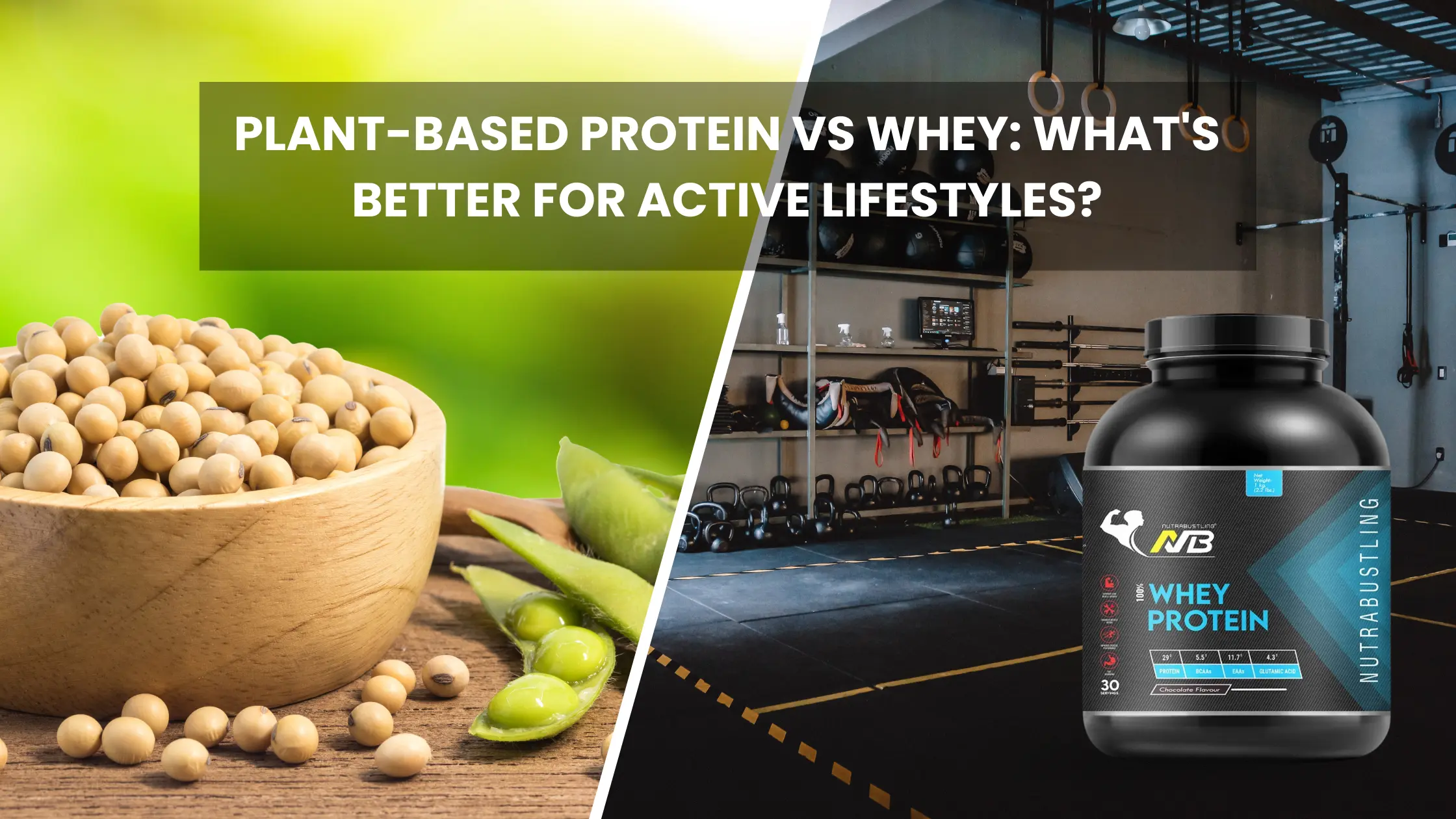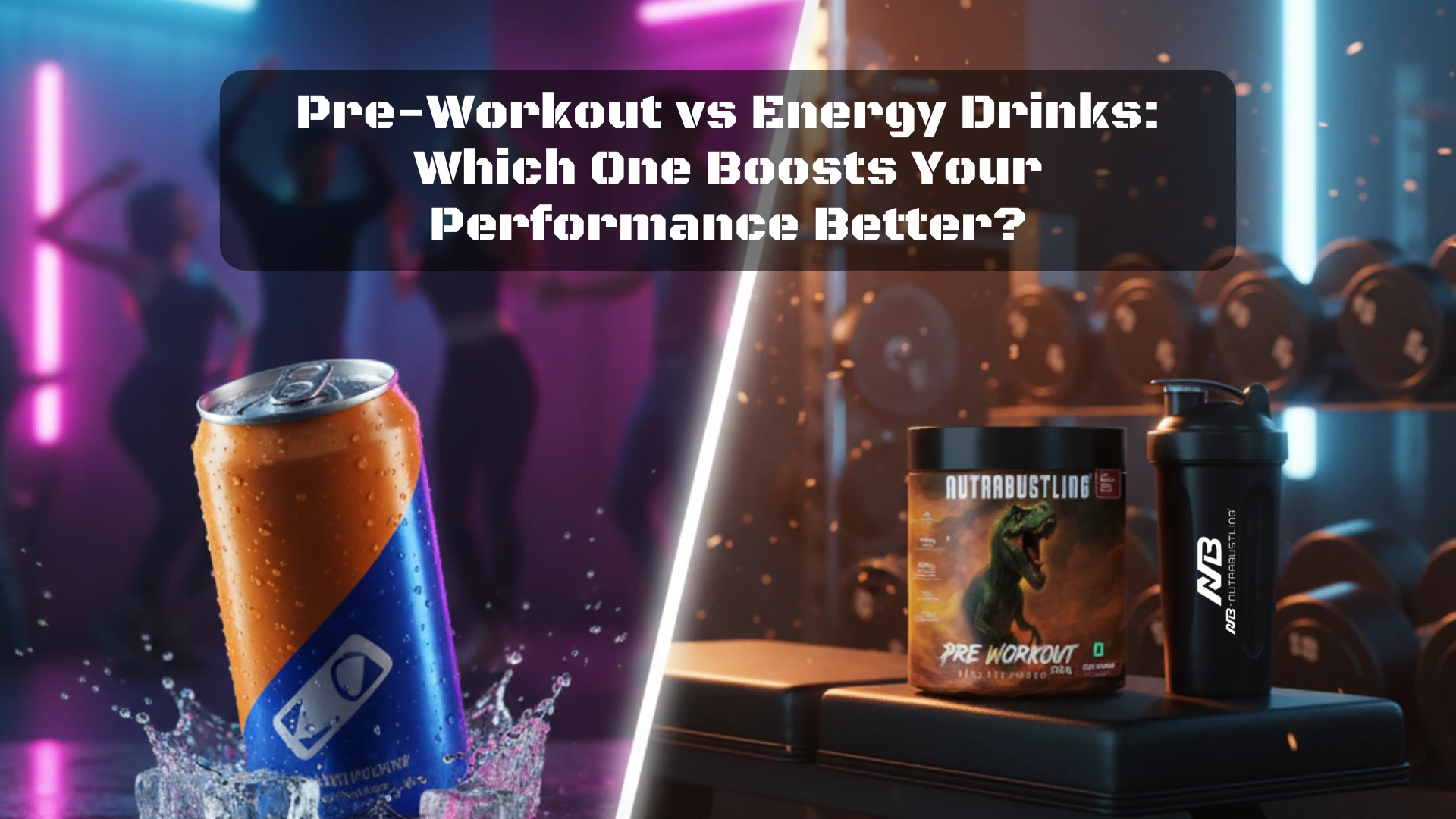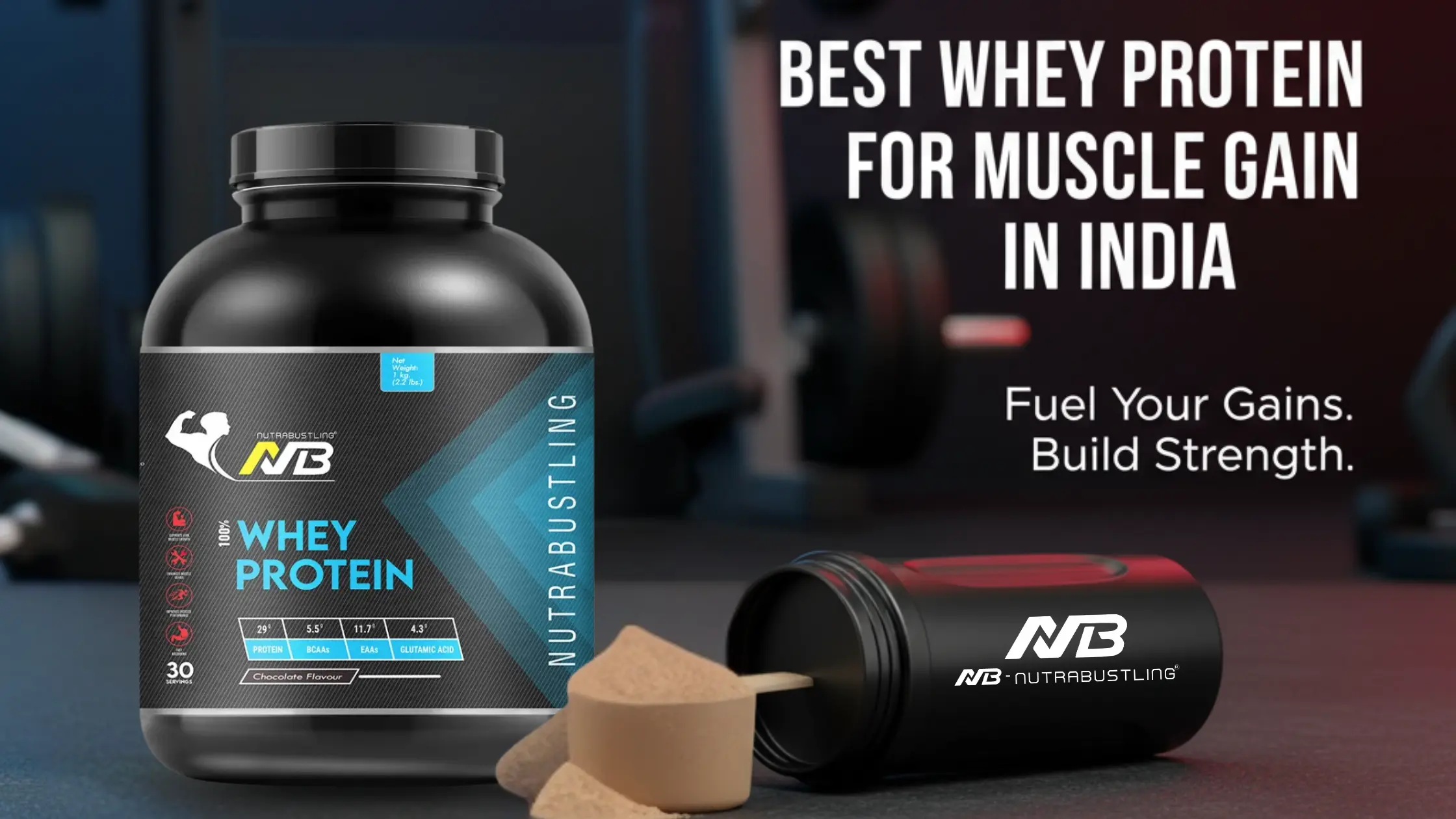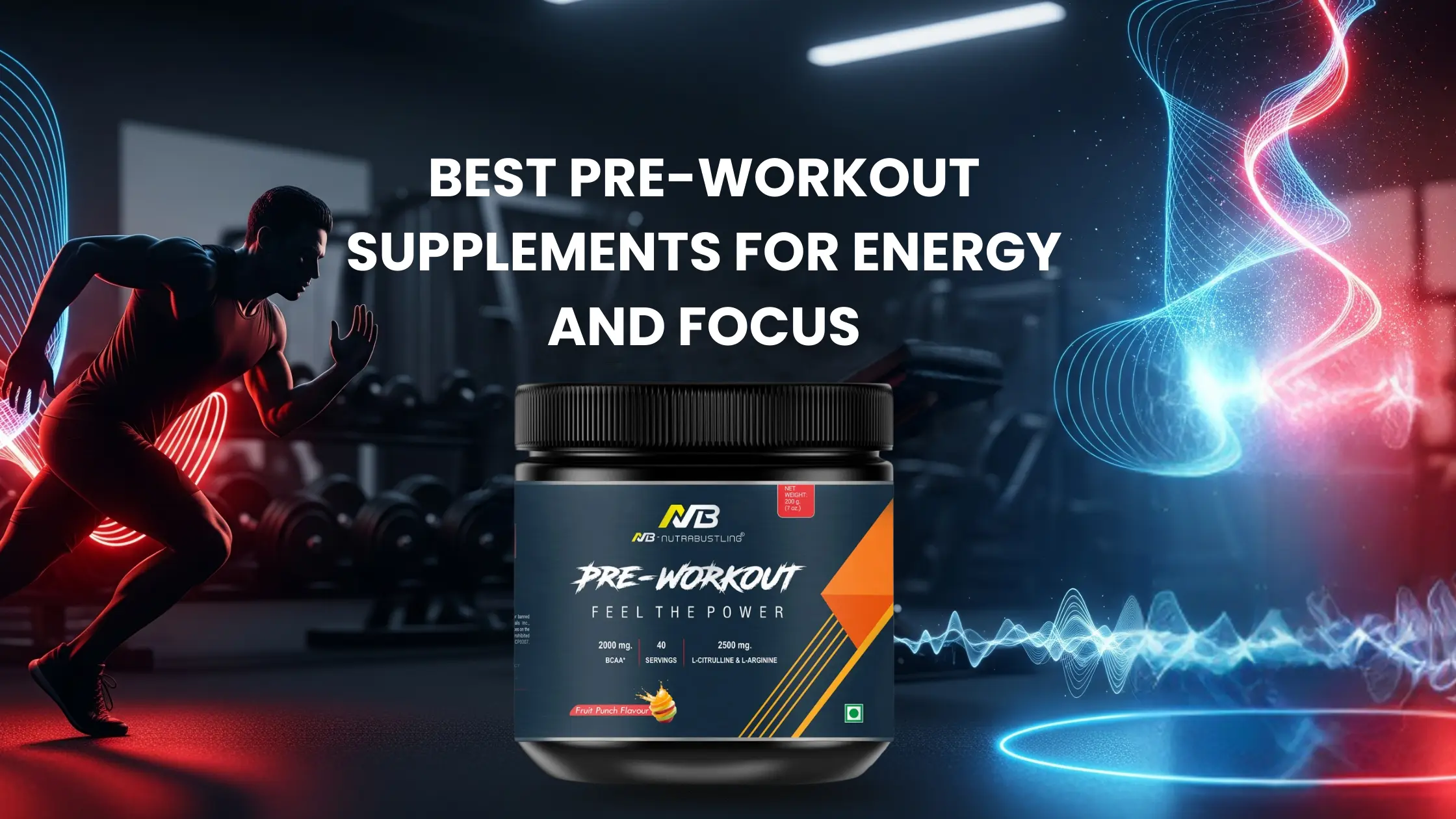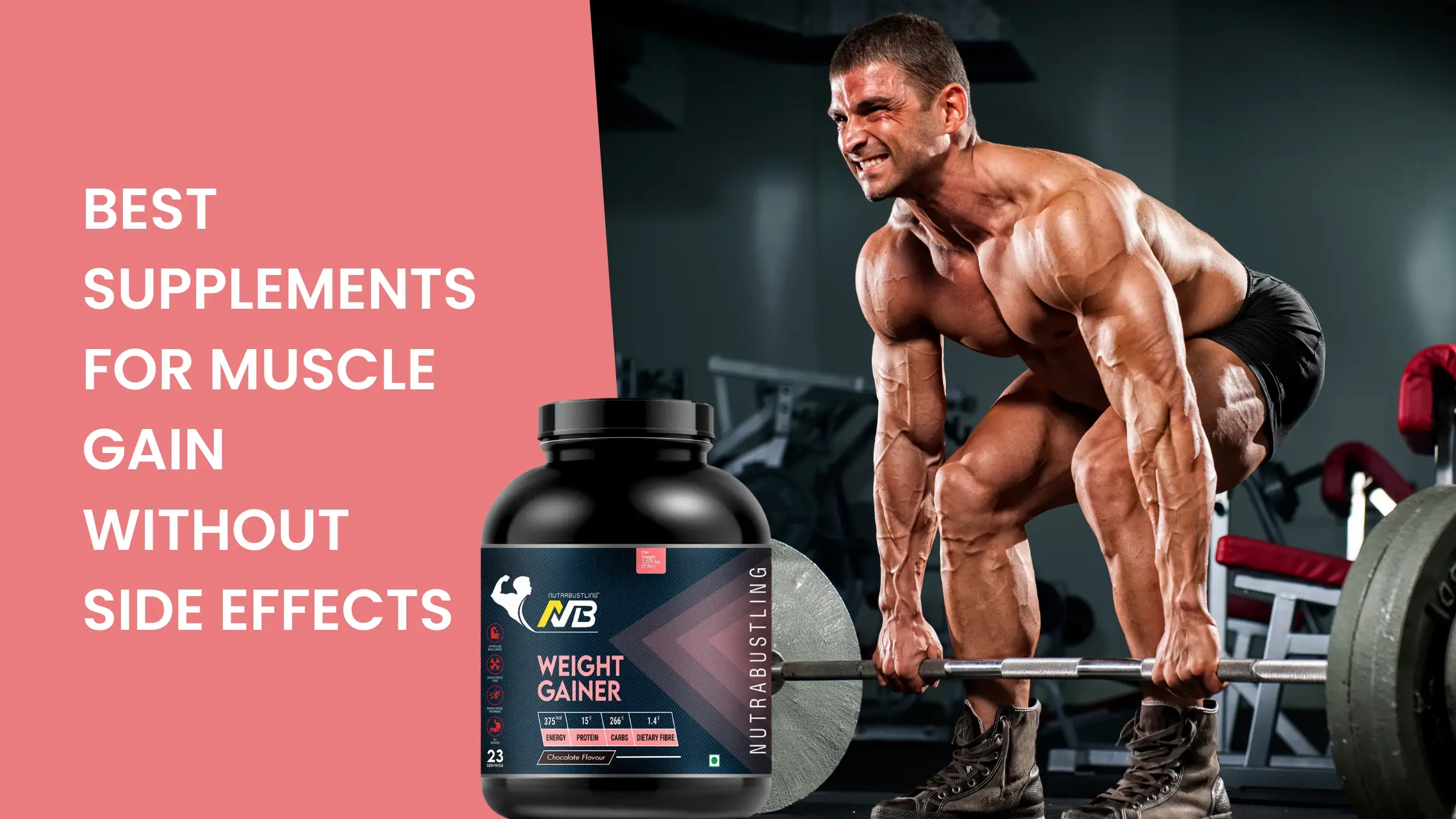For years, whey protein has been considered the gold standard in sports nutrition. But as fitness trends evolve and more people embrace vegan or sustainable diets, plant-based protein has emerged as a strong alternative. If you live an active lifestyle, the question naturally arises: Plant-based protein vs whey – which one is better for you?
This guide will break down the differences, benefits, and ideal choices so that you can confidently select the best protein for your active lifestyle.
What is Whey Protein?
Whey protein is a complete protein derived from milk during the cheese-making process. It contains all nine essential amino acids and is especially rich in branched-chain amino acids (BCAAs) like leucine, which play a critical role in muscle protein synthesis.
Because of its fast absorption rate, whey protein is a favorite among athletes and gym-goers looking to support muscle growth, recovery, and endurance.
Key Benefits of Whey Protein for Active Lifestyles:
- Quick digestion for faster muscle recovery.
- High in leucine, the amino acid responsible for muscle building.
- Proven to support muscle mass and strength gain.
- Versatile for shakes, smoothies, and recipes.
What is Plant-Based Protein?
Plant-based protein is sourced from plants such as peas, brown rice, soy, hemp, and quinoa. While some plant proteins are incomplete individually, modern blends combine multiple sources to create a complete amino acid profile, making them suitable alternatives to whey.
For those who are vegan, lactose-intolerant, or environmentally conscious, plant-based protein offers a sustainable and digestive-friendly option.
Key Benefits of Plant-Based Protein for Active Lifestyles:
- Dairy-free and suitable for lactose-intolerant individuals.
- Naturally packed with fiber, antioxidants, and micro-nutrients.
- Easier on digestion for people with sensitive stomachs.
- Supports both fitness goals and overall health.
Plant-Based Protein vs Whey: Key Comparisons
Let’s look at the most important factors that influence your decision between plant-based protein vs whey.
1. Nutritional Value
- Whey protein: High in complete protein with 20–27 gm per scoop, rich in BCAAs.
- Plant-based protein: Usually 18–24 gm per scoop. When blended (pea + rice), it can also provide a complete amino acid profile.
Verdict: Whey protein slightly wins for muscle-focused athletes, but plant protein blends are excellent for balanced nutrition.
2. Digestibility
- Whey protein: Fast-digesting, but may cause bloating, gas, or discomfort in people with lactose intolerance.
- Plant-based protein: Easier on digestion, especially pea and rice protein, as they are naturally hypoallergenic.
Verdict: Plant-based protein is better for sensitive stomachs or dairy intolerance.
3. Muscle Building Potential
- Whey protein: Backed by decades of research showing it enhances muscle protein synthesis effectively.
- Plant-based protein: Also effective, especially when consumed in the right dosage (slightly higher scoop sizes may be required to match whey’s amino acid density).
Verdict: Whey protein remains the top choice for muscle gain, but plant-based protein is catching up with improved formulations.
4. Sustainability and Lifestyle Alignment
- Whey protein: Animal-based, contributing to dairy industry demand.
- Plant-based protein: Eco-friendly, sustainable, and suitable for vegan and plant-based lifestyles.
Verdict: Plant-based protein is the winner for sustainability and conscious consumption.
5. Taste and Texture
- Whey protein: Creamy, smooth, and widely available in many flavors.
- Plant-based protein: Can be grainy or earthy, though newer blends offer improved taste and smoother textures.
Verdict: Whey generally tastes better, but plant-based options are improving fast.
Who Should Choose Whey Protein?
- Athletes focusing on muscle growth and strength.
- People with no lactose sensitivity.
- Those seeking quick post-workout recovery.
Whey protein is perfect if your goal is maximum muscle building and performance enhancement.
Who Should Choose Plant-Based Protein?
- Vegans and vegetarians.
- People with lactose intolerance or dairy sensitivity.
- Those who prefer clean, natural, and Eco-friendly nutrition.
Plant-based protein is best if you want a holistic option that supports both fitness and overall wellness.
Can You Combine Both?
Yes, some athletes choose to use both. For example, whey protein may be used post-workout for fast recovery, while plant-based protein can be consumed at other times for a nutrient-rich, balanced intake. Combining them gives you the best of both worlds.
Practical Tips for Active Lifestyles
- Match Protein with Your Goals – If your priority is muscle gain, whey may work faster. If your goal is sustainable fitness and wellness, plant protein is excellent.
- Check for Certifications – Always look for lab-tested and authentic products to avoid adulteration.
- Experiment with Recipes – Add protein powders to smoothies, oats, energy balls, or pancakes for variety.
- Don’t Overdo It – Supplements support your diet but should not replace whole foods. Balance is key.
Final Thoughts
When it comes to plant-based protein vs whey, the “better” option depends on your individual goals, lifestyle, and body’s needs.
- Whey protein is unmatched for muscle gain, strength, and quick recovery.
- Plant-based protein shines when it comes to digestive comfort, sustainability, and overall wellness.
For active lifestyles, both can work effectively if chosen wisely. The key is consistency in your training, diet, and recovery routine. Ultimately, whether you choose whey protein or plant-based protein, the right one is the one that aligns with your body and fitness journey.

